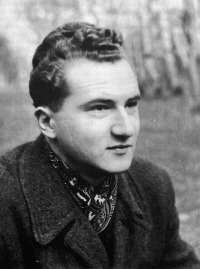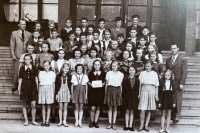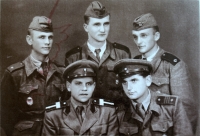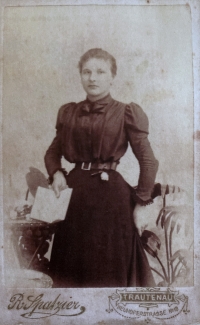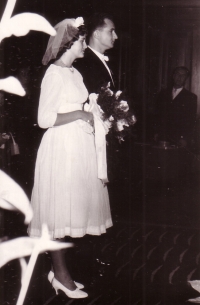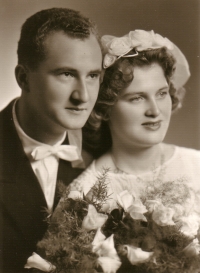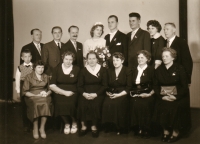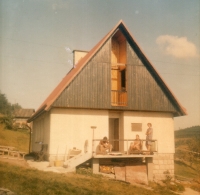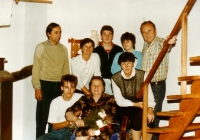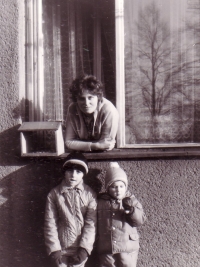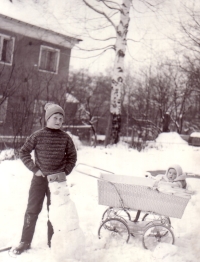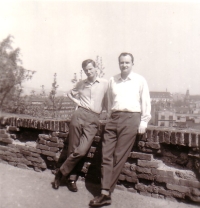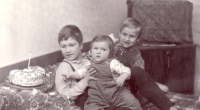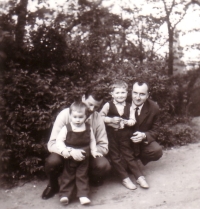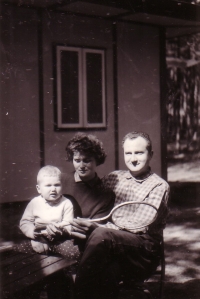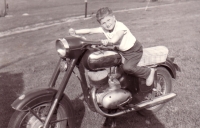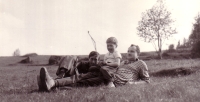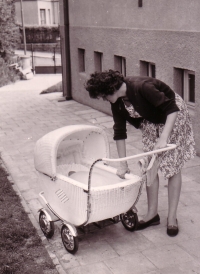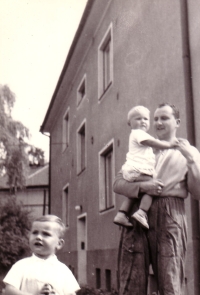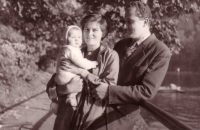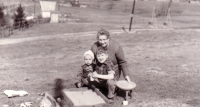The SA officer placed a bottle in front of my father and said: “We’ll exchange wives.”

Stáhnout obrázek
Jiří Voženílek was born on the 16th of March in 1933 in Hradec Králové. His family lived in Poříčí near Trutnov where his father, Jaroslav Voženílek, worked in the Poříčí East Bohemian Power Plant. Jiří’s mother Evženie was from Kolín where she apprenticed as a dressmaker. The family moved often. The first time they had to move when the German Army took over the Trutnov area as a part of Sudeten which was ceded to Germany after the Munich Agreement was signed in 1938. They had to move to the Protectorate, namely to Hradec Králové. The East Bohemian power company placed Jaroslav, Jiří’s father, in Všestary so they had to move again. After the liberation of Czechoslovakia in 1945, the family moved ot Liberec where Jiří Voženílek finished the basic school and then apprenticed at the Countryside Power company. As he excelled in mathematics, in 1953, he was asked to exchange money during the monetary reform in 1953. In 1968, he voiced his disagreement with the 1968 occupation of Czechoslovakia by the Warsaw Pact armies and had to bear the consequences. Even though he had passed the state exams for tour guides with the Čedok agency, he was not allowed to travel beyond the Eastern countries. In the time of the interview in 2023, he lived in Liberec.
